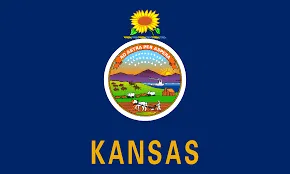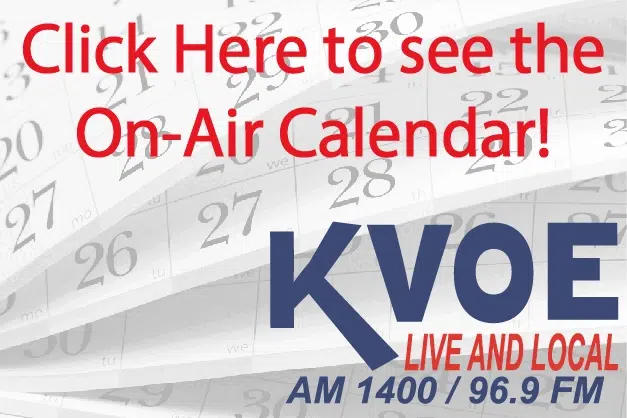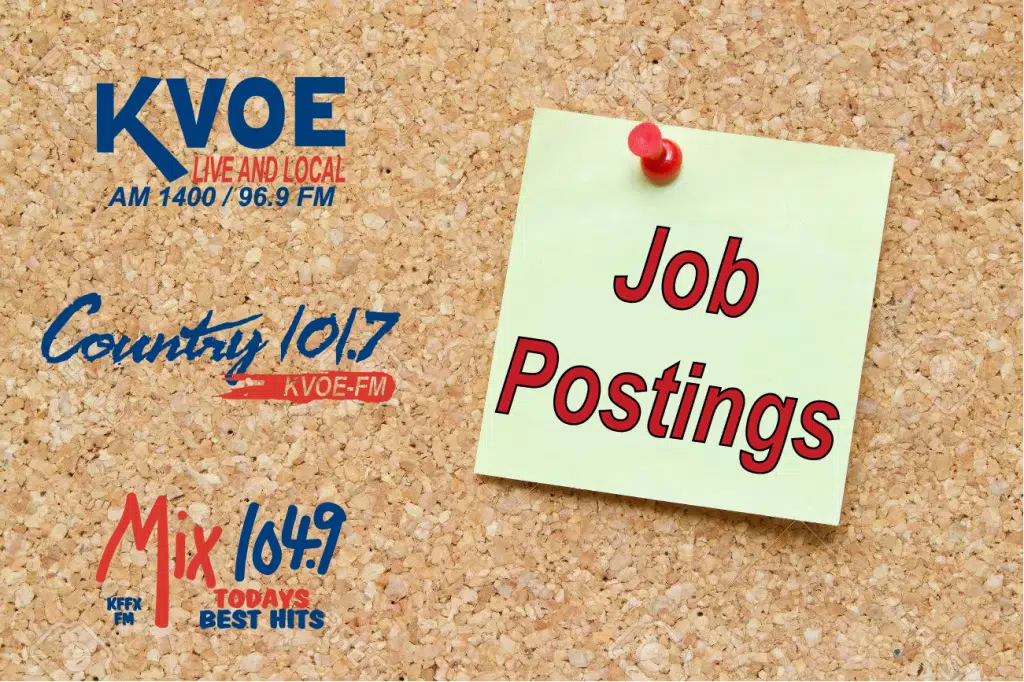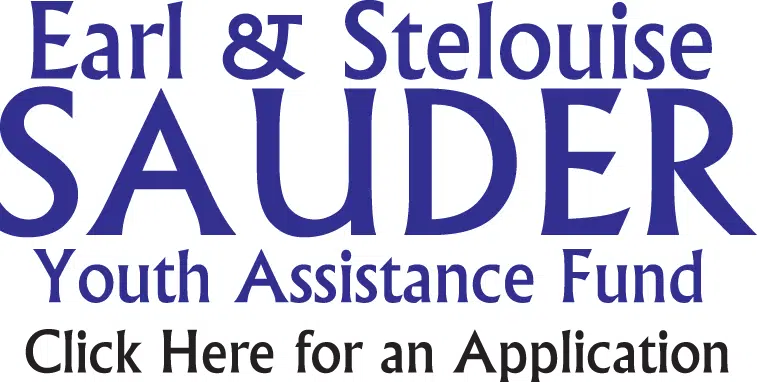While conference committee staffers resolve differences in the Kansas Legislature’s budget plans, the state announced incoming revenue topped expectations for the first time in the last six months.
Kansas Governor Laura Kelly says March’s tax collections were over $760 million, almost one percent above the official estimate and up about 0.3 percent from March 2023.
Individual income receipts were the main driver, beating projections by nearly 9 percent. That was enough to offset the combination of corporate income tax collections, which missed expectations by over 9 percent, and combined retail sales and compensating use tax receipts, which were off by over 3 percent.
Conference committee members have several major items to resolve before a budget plan can be approved and sent to Governor Kelly. The Senate plan, SB 539, ends the state tax on Social Security immediately, while House Bill 2844 phases out the tax over a four-year period. Both plans increase the residential property tax exemption, but the Senate plan goes from $40,000 to $100,000, while the House plan increases the exemption to $80,000 while reducing the state levy two mills. The Senate plan relies on a one-tier tax rate, while the House plan centers on a two-tier system. The Senate plan phases out the the state’s food sales tax this upcoming July, while the House plan keeps the current plan of ending the tax this upcoming January.





















